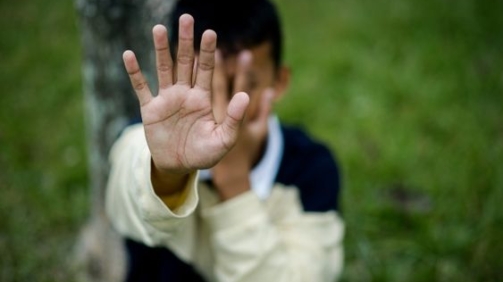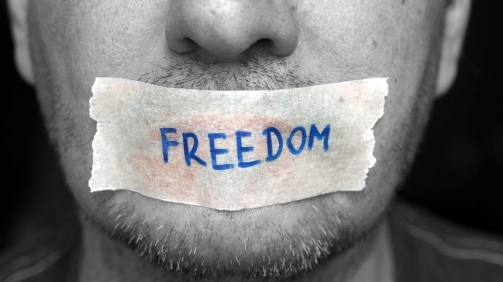
Corporal punishment, in general breaches people’s fundamental rights to respect for human dignity and physical integrity. From the international perspective, the use of corporal punishment on adults and children are regarded as violating international human rights principles.
The U.N Special Rapporteur on Torture, Cruel, Inhuman and Degrading Treatment in his report, reiterates that corporal punishment is “inconsistent with the prohibition of torture and other cruel, inhuman or degrading treatment or punishment”1. The Human Rights Committee in its General Comment No. 20 on Article 7 of the International Covenant on Civil and Political Rights (ICCPR) relating to ‘Torture or cruel, inhuman or degrading treatment or punishment’ states that, “The prohibition [of torture] must extend to corporal punishment, including excessive
chastisement ordered as a punishment for a crime or as an educative or disciplinary measure.” The Committee on the Rights of the Child (CRC Committee) has also asserted its position on corporal punishment and other forms of violence against children in institutions, in schools and in the home in its General Comment No. 8 (2006), which flags the obligations of all States parties to prohibit and eliminate all corporal punishment and all other cruel or degrading forms of punishment of children through legislative and awareness-raising and educational measures.
As a National Human Rights Institution, SUHAKAM has consistently standing against the continuing practice of corporal punishment, whether in law or in other settings such as schools which will negatively impacts on various aspects of children’s development including their psychological, health, education and social status. SUHAKAM has also recommended the Government of Malaysia to prohibit corporal punishment by abolishing all domestic civil and Syariah laws warranting the imposition of corporal punishment such as whipping and caning that are inconsistent with international human rights principles. SUHAKAM has also recommended the Government to consider comments and opinion furnished by the CRC Committee in the development of an alternative to corporal punishment.
Over the years, SUHAKAM has taken various steps to advocate for the elimination of corporal punishment and all other cruel or degrading forms of punishment through among others, dialogue sessions with relevant stakeholders (such as policy makers, educators, academicians) and subject matter experts at regional and international levels (eg. CAT Committee expert) awareness raising campaign (ACT4CAT Campaign), trainings for educators and issuing of press statements. The central scheme of these efforts is to promote a non-violent or rehabilitative approach to punitive and disciplinary measures in all settings in Malaysia.



